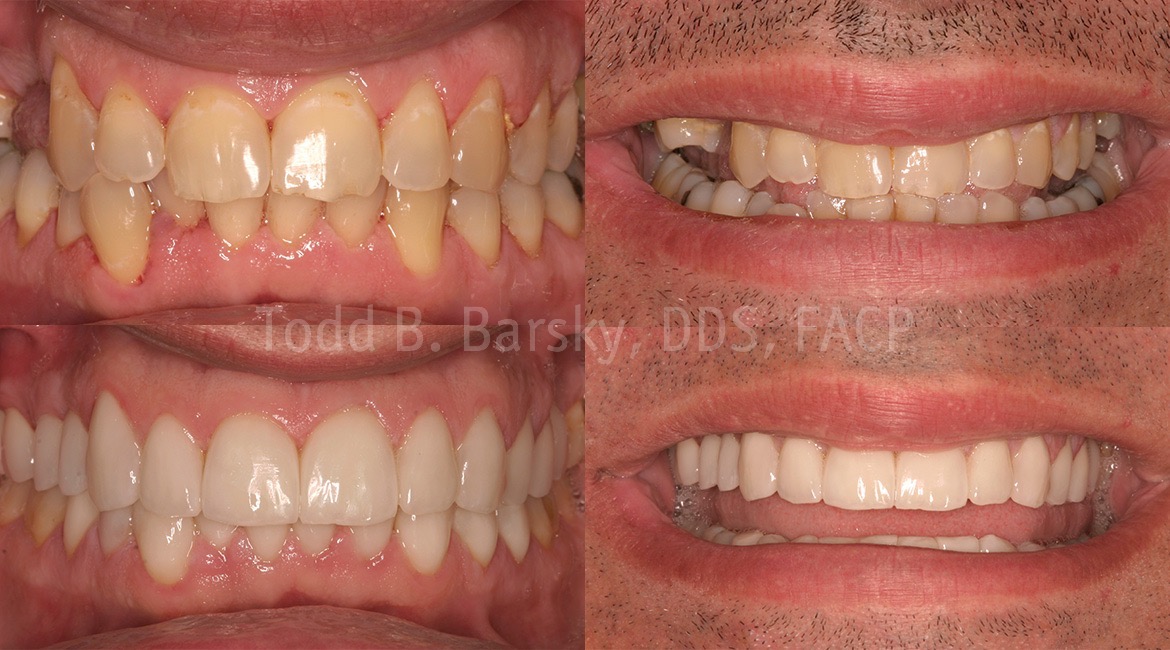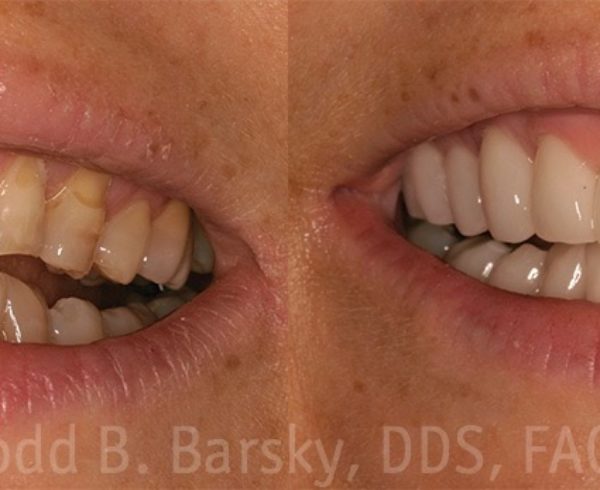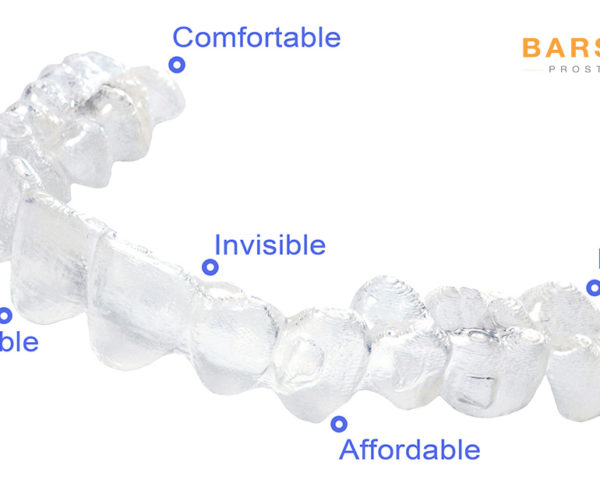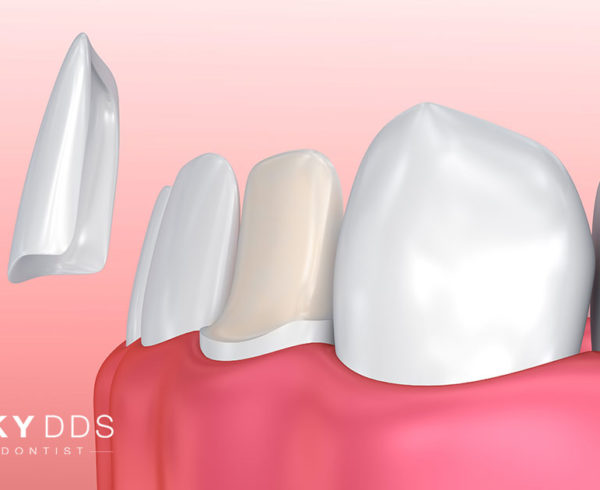Prosthodontists frequently recommend dental implants to restore smiles and replace missing teeth. However, patients have a right to know about the procedures their doctor recommends, and this includes the right to ask questions. This post will help patients understand the questions they should be asking when it comes to getting dental implants.
Three things to know about Dental Implants?
- Dental implants are metal rods placed into the jaw which are used to support replacement teeth.
- The implant is then covered with a crown or cap which replaces the missing teeth.
- Dental implants are one of the most highly preferred solutions for missing teeth because they most closely replicate the look, function, and maintenance needs of natural teeth.
Dental Implants Photos
To view all of Dr. Barsky’s before and after photos, click here.

Are Dental Implants Ever Rejected by the Body?
Nearly all patients have no problems with implants being rejected by the body. The jawbone is very accepting of implants. There are two main reasons for dental implant failure: allergies and hygiene.
Very rarely, patients will have an allergic reaction to the metal which composes the implant. Patients who do not practice good oral hygiene also have a higher risk of implant failure for the same reasons that poor oral hygiene affects natural teeth.
How Long do Dental Implants Last?
The biggest factor in how long dental implants last is oral hygiene. If patients brush and floss regularly then implants can last as many as 40 years. Most patients will keep their implants for their entire life, and the oral health professional that does a patient’s implants will provide information on how to maintain implants so that they will last as long as possible.
How Long does the Procedure Take?
The length of time the procedure takes depends on a number of factors, including how many implants are needed, the strength of a patient’s jawbone, and other factors. A single implant can take anywhere from 30 minutes to four hours to put in.
The entire process can take from 4-8 months, depending on how well a patient’s jaw heals and other factors. Once all of the implants have been put in place and the jaw has healed enough the dentist will put the crowns on, completing the procedure.
Meet Dental Implant Expert and Board Certified Prosthodontist, Dr. Todd Barsky.
Are Dental Implants Painful?
Many patients can manage the discomfort after the procedure with over-the-counter pain medication. If a particular patient has more extensive issues that need to be addressed then they might experience more discomfort.
Oral health professionals are specially trained to know what medicines will work best for a patient so that they can finish their implant procedure with minimal discomfort. Many patients are able to return to work the day after getting their implants.
How are Dental Implants Cared For?
Patients should care for dental implants just like natural teeth. Brushing and flossing regularly will keep the jaw and gums supporting the implants healthy, and will prevent accumulation of food particles and bacteria that can cause infection or bad breath.
Do Dental Implants Look Natural?
Yes, no one but an oral health professional performing an examination will be able to tell that a patient has dental implants. This is one of the many reasons so many people prefer dental implants to other tooth replacement options.
Are there Any Other Options?
There are other options for patients with missing or damaged teeth. These include dentures, crowns, veneers, and more. However, if a dentist is recommending dental implants, then that is probably the best option. Dental implants are more durable and permanent than dentures, and do a better job replacing teeth than crowns alone.
Moreover, depending on the patient, dental implants might be the best or only way to prevent deterioration of the jaw, preventing dangerous infections and ensuring that the jaw can support chewing and eating.






